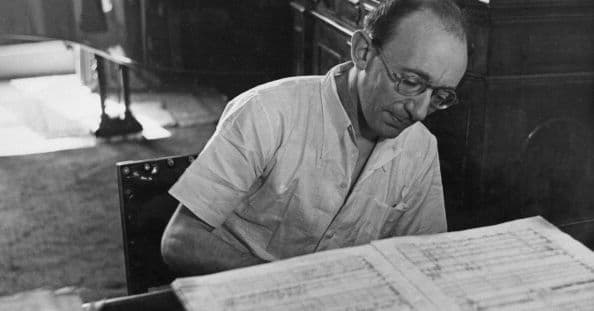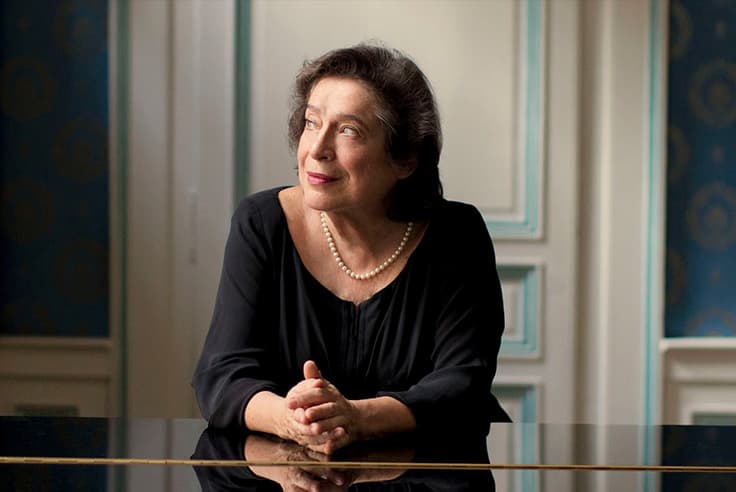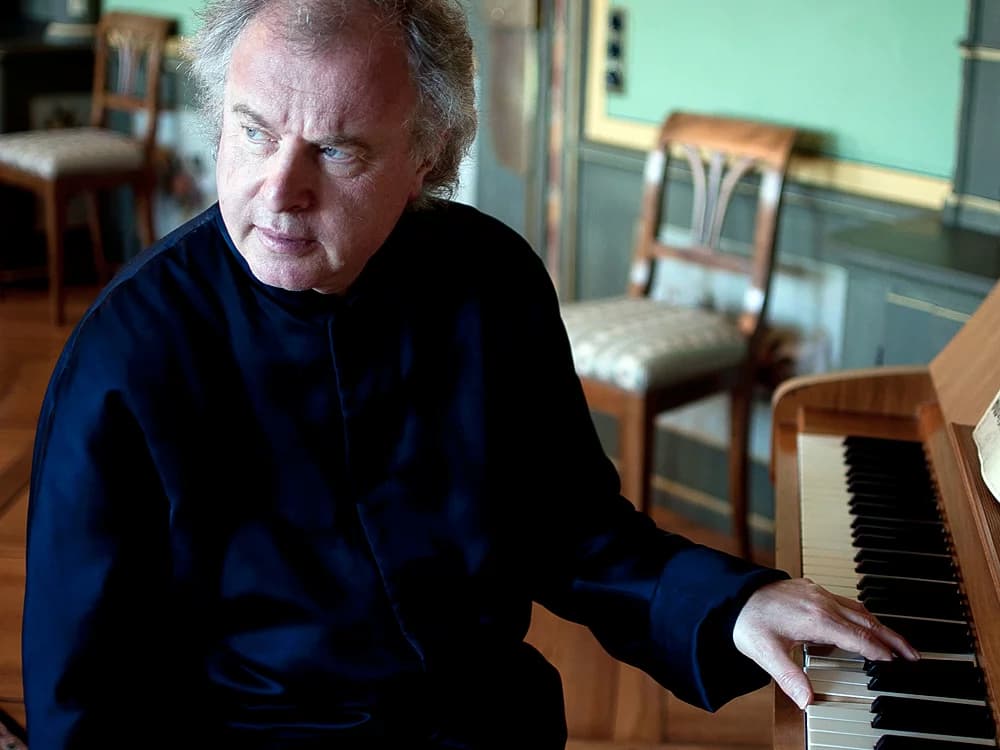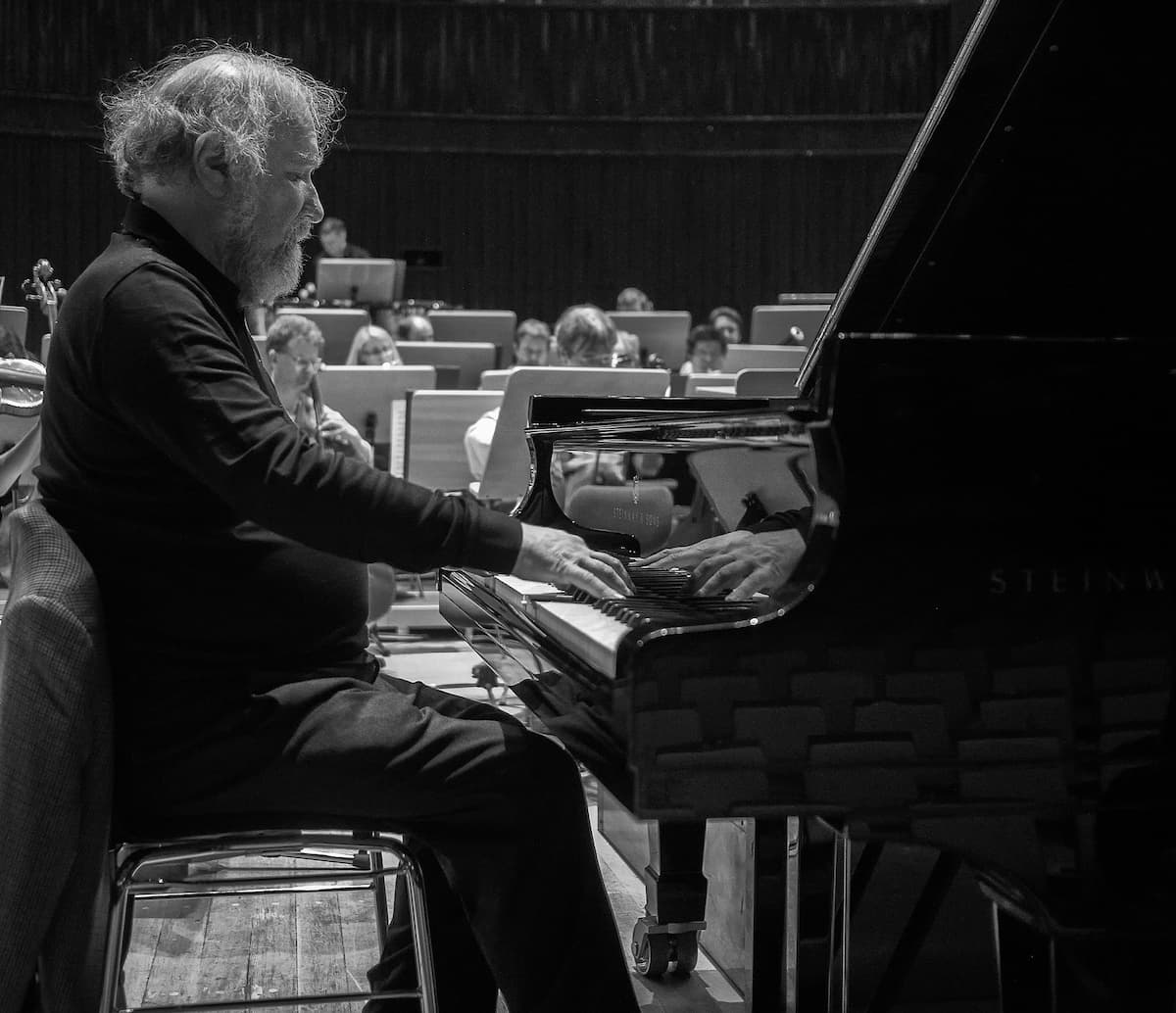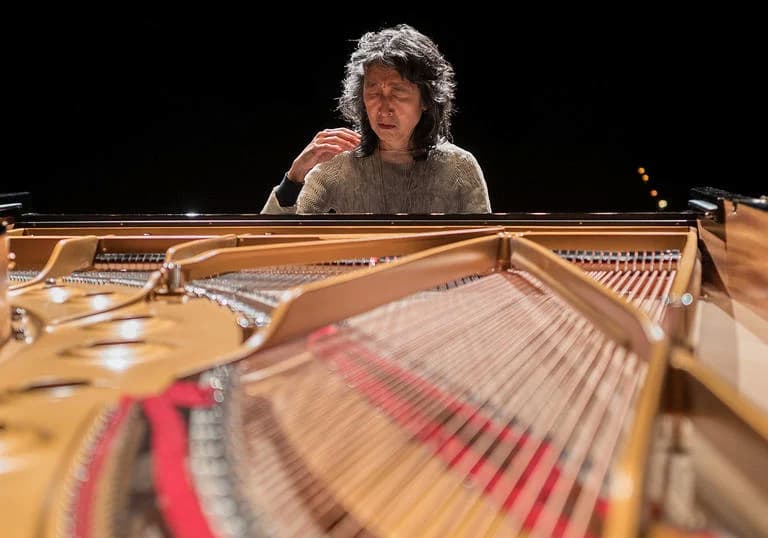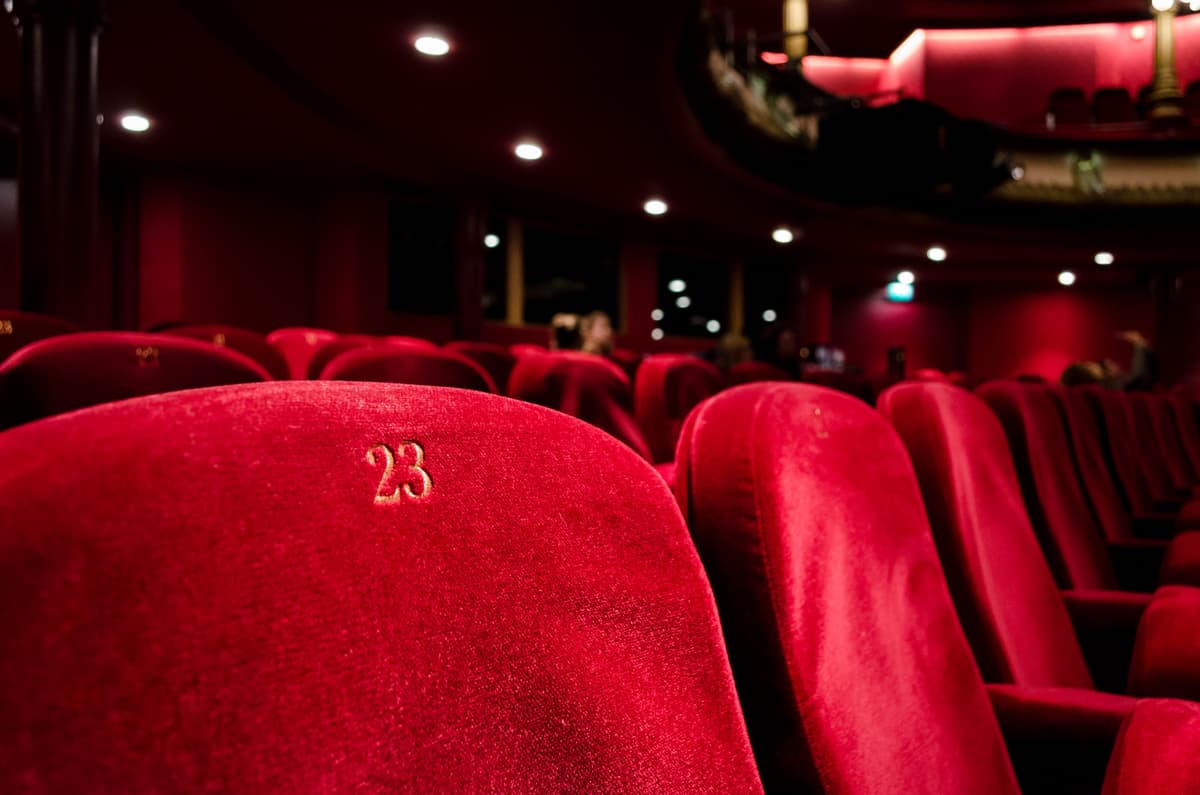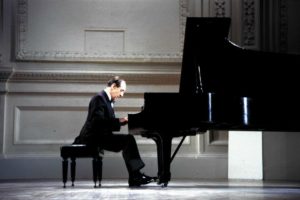
Vladimir Horowitz at the Carnegie Hall concert in 1965
Managing the physical symptoms
“Each time, before I went on stage, I began to think, ‘How can I go on playing the piano, if this is what it’s going to be like?’” – Steven Osborne, concert pianist
The physical symptoms of stage fright or Performance Anxiety, as outlined in my previous article, can be unpleasant and debilitating. Racing heart and trembling fingers can threaten to derail a performance by the most professional and/or well-prepared musician, and classical musicians are especially prone because accuracy and virtuosity are crucial to their art.
Understanding the physiology of the symptoms (the “fight or flight” response) and accepting that these symptoms are normal and common to us all can go some way in managing and alleviating the symptoms of Performance Anxiety. This can also help us let go of some of the negative psychological effects and messages we give ourselves when we are nervous.
The flood of adrenaline in the body can give a significant boost to the body which can be used positively in performance, injecting it with energy and excitement. But this needs to be balanced, as too much adrenaline can make one feel jittery and unstable.
Certain physical actions and exercises can help calm the body when in an anxious state:
• Deep thoracic (Pilates) breathing (breathe in for 4 counts, out for 6). This slows the heart rate and attendant symptoms (breathlessness, palpitations etc) and relaxes muscles which become tense due to anxiety.
• Gentle exercises such as swinging or shaking arms and hands, and legs
• Power poses – proven to lower cortisol (stress hormone) levels in the body and psychologically they can make you feel bigger and stronger
These simple exercises can be done while waiting to perform and may also act as a distraction from some of the psychologically symptoms of Performance Anxiety.
Unfortunately, for some musicians the physical symptoms are so overwhelming that they may resort to betablockers (which lower the heartrate) or even alcohol. The problem here is that while pills or alcohol may dull the nerves, they take the edge off tension and inspiration which make a great performance. They also treat only the symptoms, not the cause of Performance Anxiety.
Managing the psychological symptoms
 While the physical symptoms are easily understood and can be managed with simple exercises, managing the psychological symptoms of Performance Anxiety is more complex. Fundamentally, Performance Anxiety stems from fear – the fear of making a mistake and looking foolish in front of audience, colleagues, tutors and friends. This is reinforced by an unhealthy focus on perfectionism which is inculcated in musicians in the early stages of their training and reiterated through the commentary of critics and reviewers and high-quality, “perfect” recordings.
While the physical symptoms are easily understood and can be managed with simple exercises, managing the psychological symptoms of Performance Anxiety is more complex. Fundamentally, Performance Anxiety stems from fear – the fear of making a mistake and looking foolish in front of audience, colleagues, tutors and friends. This is reinforced by an unhealthy focus on perfectionism which is inculcated in musicians in the early stages of their training and reiterated through the commentary of critics and reviewers and high-quality, “perfect” recordings.
In reality, perfectionism is an artificial construct and to counter this, it is helpful to think about a performance situation in a more rational way. For example, instead of viewing the audience as the “enemy” and thinking that the performance will either be perfect or a complete disaster if it is not, the musician should “retrain” him or herself to regard the audience as a friendly ally and to see a few slips or mistakes as inevitable – because we are all human.
“There is often a large disparity between the reality of the ‘threat’ and a performer’s experience of it – the audience can be imagined as a very hostile, critical group when by and large they are simply there to enjoy themselves. Coming to grips with this disparity is a crucial part of developing as a performing musician.” – Steven Osborne
Good preparation, the result of deep, thoughtful and careful practising, is crucial in managing Performance Anxiety and the irrational feelings which surround it. The Russian pianist Vladimir Horowitz would say ahead of a performance “I know my pieces”, reassuring himself with the knowledge that he had done his practising and was well-prepared. Good preparation breeds confidence. The maxim “through discipline comes freedom” also applies: disciplined preparation allows one to set the music free in concert, creating a performance which is rich in expression and emotion, bringing the music alive for others.
Putting the experience of performing into perspective is also helpful. Performing music is a highly skilled art, but it is not brain surgery or rocket science! No one will die if you make a mistake – and often audiences don’t even notice errors or slips, as they are immersed in the total musical experience rather than focussing on the minutiae of it. The ego may be damaged by a few errors, but nothing really terrible will happen to the performer as a result. Alongside good preparation, as performers, we can help ourselves to boost our confidence, leading to a successful performance:
• Select repertoire which suits you and which you know you can play well
• “Stress test” your playing in the practice room using video and recording, and perform the programme for friends or in a more informal setting before the main performance. Note weak areas which need additional focus and work on these in practice.
• Adopt a positive mindset and consider using techniques drawn from Neuro-Linguistic Programming and Cognitive Behavioural Therapy to turn negative thoughts and the ‘toxic inner critic’ into positive affirmation and confidence-boosting messages. For example, turn “I am nervous” into “I am excited” and “I can do this!”.
• Recall previous successful performances and draw confidence from these. Try to recreate the same feelings experienced during a successful performance.
• Remember the audience is not the “enemy” and they are there to enjoy sharing the music with you.
• Accept that anxiety is normal and that it also shows that you care about what you’re doing. Lose the emotional edge and your music may become lifeless and uninteresting. Music is an emotional experience – keep in touch with your emotions and use them to bring the music to life in vivid colour and expression.
• Try not to pre-empt a performance with negative thoughts such as “it won’t go well” or “it won’t be any good”. Instead, focus on the narrative and imagery of the music you are performing and how to convey this to the audience.
• Use visualisation techniques to imagine a successful performance, including actions such as walking onto stage and preparing to play.
• Play with passion and with joy, remaining “in the moment” of the performance and let the music carry you – and the audience – along, rather than obsessing about tricky sections which are to come.
• If during the performance you feel your anxiety is getting in the way of your playing, try taking a deep breath and exhaling slowly. This helps you to refocus on the music.
After the performance, accept the compliments and positive feedback from teachers, colleagues, friends and audience members and draw confidence from this. Don’t dwell on what happened or what “might have been”. Instead, start preparing for the next performance with a sense of adventure and excitement.

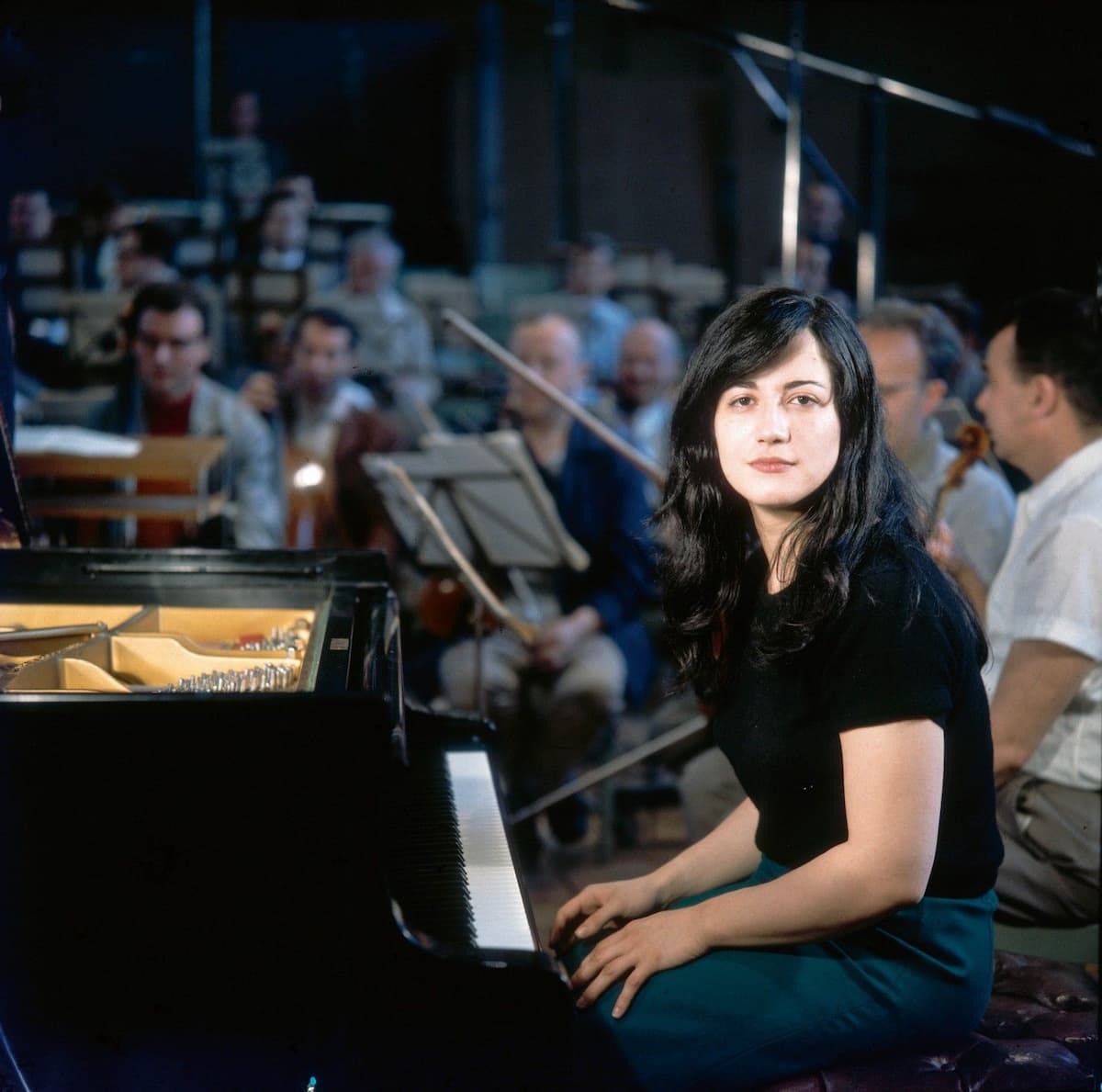
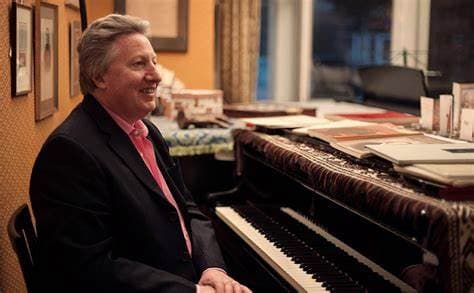
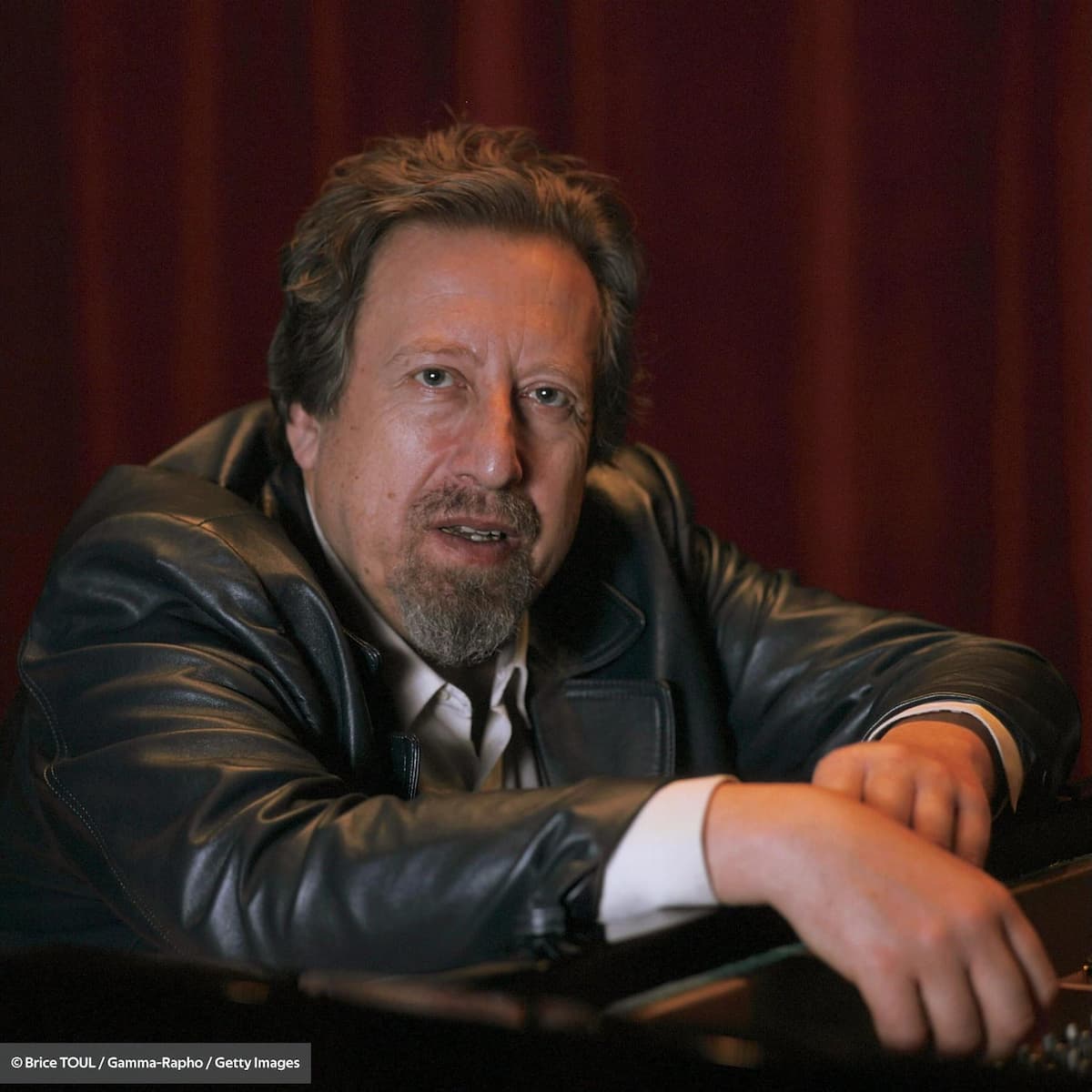
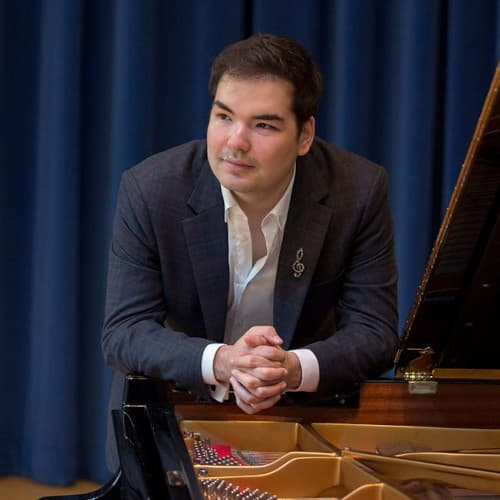
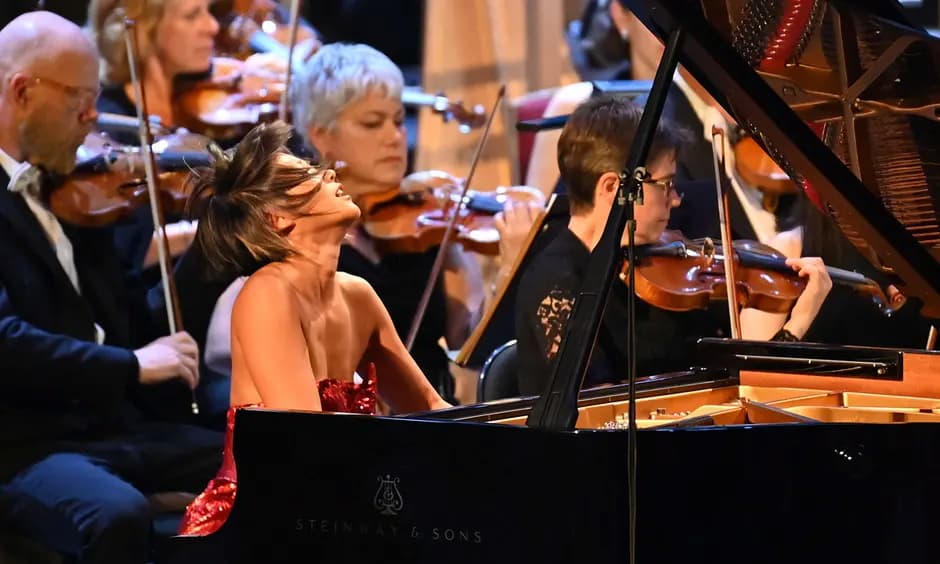



 “Art is not what you see, but what you make others see.”
“Art is not what you see, but what you make others see.”

 While the physical symptoms are easily understood and can be managed with simple exercises, managing the psychological symptoms of Performance Anxiety is more complex. Fundamentally, Performance Anxiety stems from fear – the fear of making a mistake and looking foolish in front of audience, colleagues, tutors and friends. This is reinforced by an unhealthy focus on perfectionism which is inculcated in musicians in the early stages of their training and reiterated through the commentary of critics and reviewers and high-quality, “perfect” recordings.
While the physical symptoms are easily understood and can be managed with simple exercises, managing the psychological symptoms of Performance Anxiety is more complex. Fundamentally, Performance Anxiety stems from fear – the fear of making a mistake and looking foolish in front of audience, colleagues, tutors and friends. This is reinforced by an unhealthy focus on perfectionism which is inculcated in musicians in the early stages of their training and reiterated through the commentary of critics and reviewers and high-quality, “perfect” recordings.
